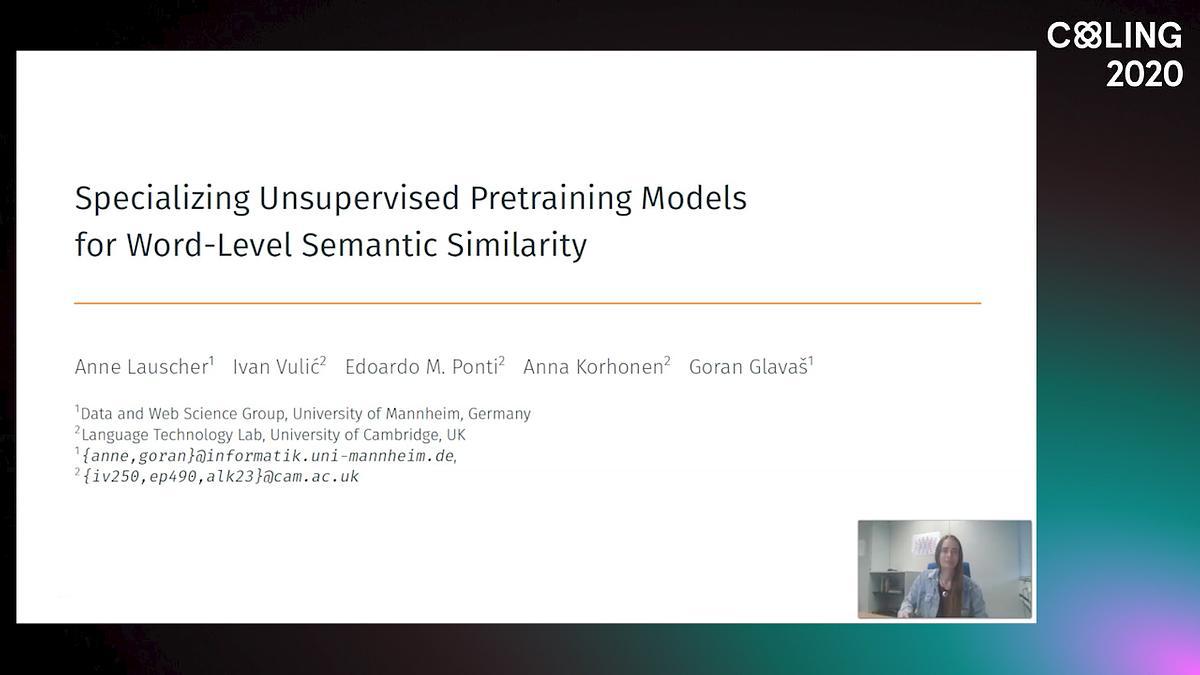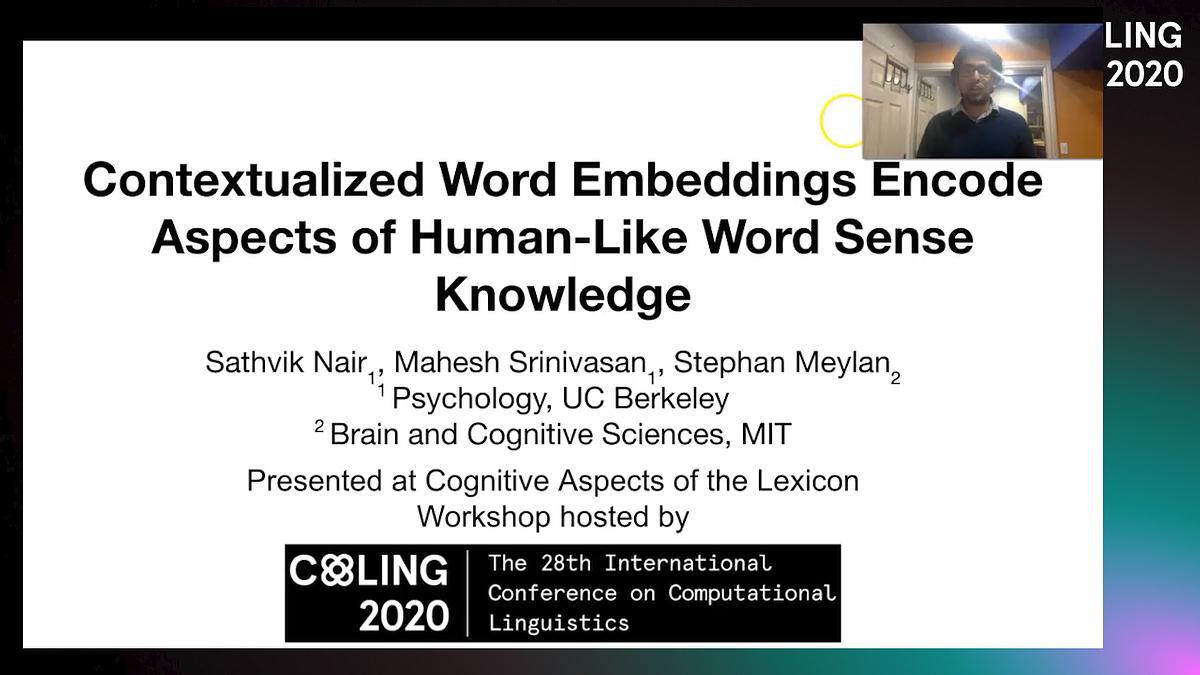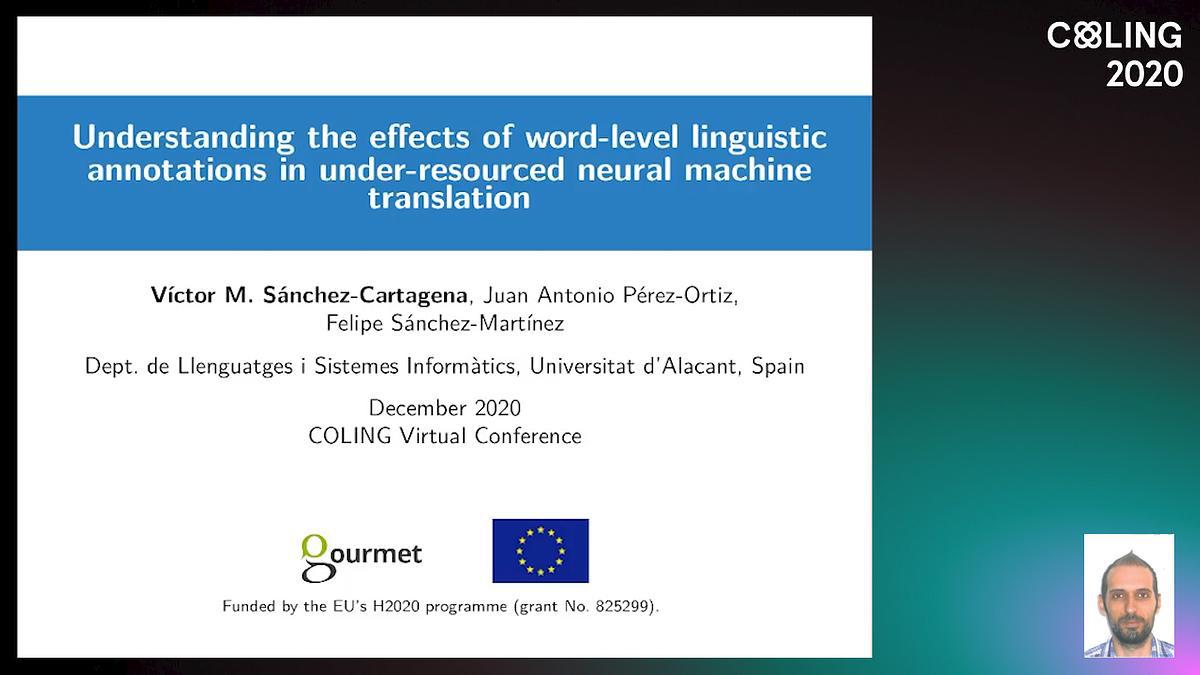Abstract:
Multilingual BERT (mBERT) trained on 104 languages has shown surprisingly good cross-lingual performance on several NLP tasks, even without explicit cross-lingual signals. However, these evaluations have focused on cross-lingual transfer with high-resource languages, covering only a third of the languages covered by mBERT. We explore how mBERT performs on a much wider set of languages, focusing on the quality of representation for low-resource languages, measured by within-language performance. We consider three tasks: Named Entity Recognition (99 languages), Part-of-speech Tagging and Dependency Parsing (54 languages each). mBERT does better than or comparable to baselines on high resource languages but does much worse for low resource languages. Furthermore, monolingual BERT models for these languages do even worse. Paired with similar languages, the performance gap between monolingual BERT and mBERT can be narrowed. We find that better models for low resource languages require more efficient pretraining techniques or more data.









































